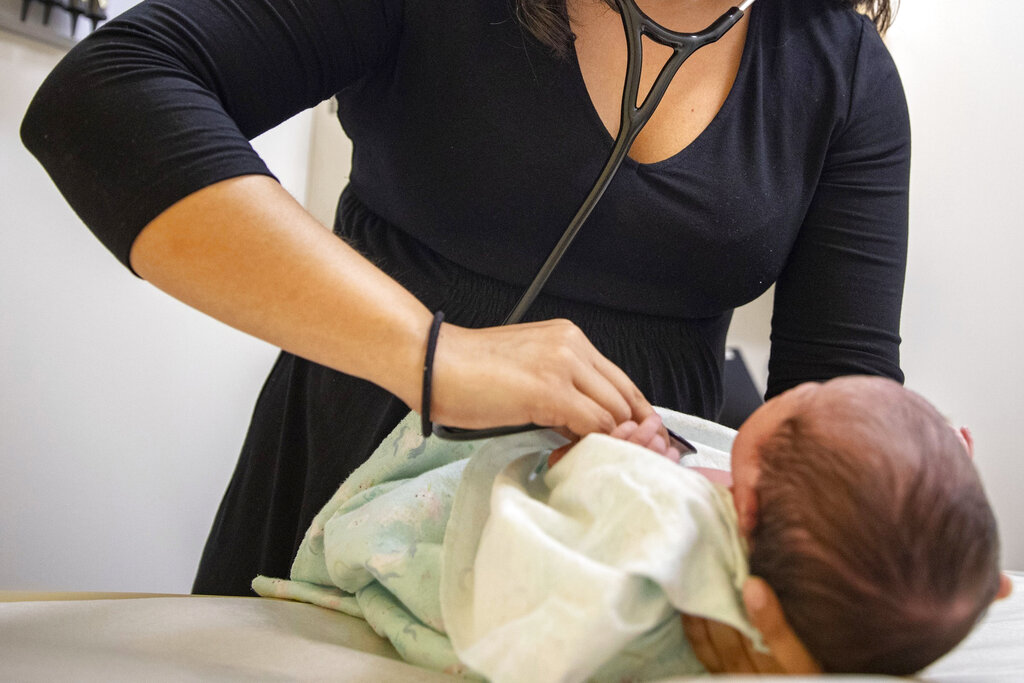Health experts just aren't sure yet whether the warmer, more humid weather of spring in the U.S. will help slow down the spread of the new coronavirus.
"The reason we don't know it is because this is a brand new virus with which we have no experience," National Institute of Allergy and Infectious Diseases Director Anthony Fauci told lawmakers at a recent House hearing. "So even though the concept that when warm weather comes, many respiratory viruses diminish, we have no guarantee at all that this is going to happen with this virus."
There is some evidence that warmer weather can help knock down respiratory disease like flu and coronaviruses. When it's warmer, people are less likely to cluster inside. When it's more humid out, the tiny droplets that spread disease can have a harder time staying viable.
But there is only some very early evidence to suggest COVID-19 shows this kind of seasonal response.
One study, which is so new that it still hasn't been peer-reviewed, finds coronavirus has been most likely to spread within a certain range of temperature and humidity: about 41 to 51 degrees Fahrenheit and 47-79% humidity.
The researchers are careful to emphasize that correlation with these relatively cool temperatures does not mean cooler temperatures cause the activity. They warn that any predictions based on early data like this "have to be considered with extreme caution" and say it's too difficult right now to forecast the exact effects of warmer temperatures.
Scientists need more time — not just to be sure of how this coronavirus responds to weather, but also to learn how outside factors like quarantine measures change its behavior, and even whether everyone who gets it reports symptoms.
"Those are the kinds of questions that are extremely important, especially for strategies to control it," said Dr. Cyrus Shahpar, team director with the Resolve to Save Lives Initiative. "But we don't really know the answers yet. So it's this evolving science that translates into practical actions."




 How 'Social Distancing' Can Slow Coronavirus
How 'Social Distancing' Can Slow Coronavirus






